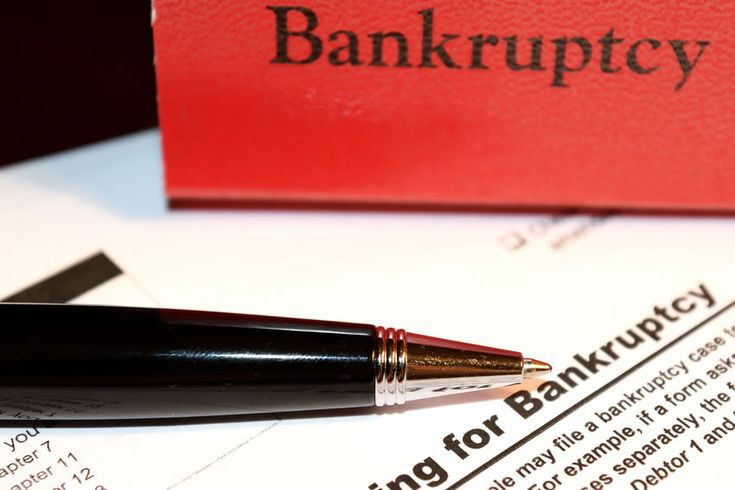Filing for Chapter 7 bankruptcy can be daunting, especially in Tampa, FL. This process, designed to help individuals eliminate overwhelming debt, has advantages and disadvantages. Understanding these can help you decide whether Chapter 7 bankruptcy is the right path for your financial future.
One of the most immediate and noticeable benefits of filing for Chapter 7 bankruptcy is the automatic stay. This legal mechanism halts most collection actions against you, including phone calls from creditors, wage garnishments, and lawsuits. This can provide significant relief and a much-needed break from the stress of debt collection.
Another advantage is the discharge of unsecured debts. Chapter 7 bankruptcy can eliminate credit card debt, medical bills, and personal loans. This discharge frees you from the obligation to repay these debts, offering a fresh financial start. This is particularly helpful for individuals whose primary financial burden stems from unsecured debt.
The process of bankruptcy is relatively quick. In many cases, the discharge of debts occurs within three to six months of filing. This swift resolution allows you to rebuild your credit and financial standing sooner than other bankruptcy or debt repayment plans.
Moreover, Chapter 7 bankruptcy does not require a repayment plan. Unlike Chapter 13 bankruptcy, which involves repaying a portion of your debts over three to five years, Chapter 7 liquidates non-exempt assets to pay creditors, making it more straightforward. For individuals without significant non-exempt assets, this can mean retaining most of their property while eliminating their debts.
Despite these benefits, several drawbacks exist before filing for Chapter 7 bankruptcy. One significant downside is the impact on your credit score. This bankruptcy filing remains on your credit report for ten years, making obtaining new credit, purchasing a home, or renting an apartment more challenging.
Another consideration is the loss of property. In Chapter 7 bankruptcy, a trustee is appointed to liquidate your non-exempt assets to repay creditors. While many personal items may be exempt under Florida law, some assets, such as luxury items or second homes, may be sold. This liquidation can result in the loss of personal or financial property.
Additionally, not all debts can be discharged through Chapter 7 bankruptcy. Certain obligations, such as student loans, child support, and most tax debts, are typically non-dischargeable. This means you will remain responsible for these debts after closing your bankruptcy.
The means test is another hurdle in the Chapter 7 bankruptcy process. This test determines whether your income is low enough to qualify for Chapter 7. If your income is above the median level for a household of your size in Florida, you may be required to file for Chapter 13 bankruptcy instead. This can limit the availability of Chapter 7 bankruptcy for some individuals.
The stigma associated with bankruptcy can also be a drawback. Declining bankruptcy can carry a social stigma despite the legal protections and financial relief it offers. Some people may feel embarrassed or ashamed about their financial situation, affecting their emotional and psychological well-being.
Deciding to file for bankruptcy in Tampa, FL, involves carefully weighing the benefits and drawbacks. The process can provide significant relief from unsecured debts and a rapid resolution to financial distress, allowing for a fresh start. However, the impact on your credit score, the potential loss of property, and the limitations on which debts can be discharged are critical considerations.
It’s important to consult a qualified bankruptcy attorney in Tampa, FL, to understand how bankruptcy will affect your situation. An attorney can help you navigate the complexities of the bankruptcy process and explore alternative options if Chapter 7 bankruptcy is unsuitable for your circumstances. By thoroughly understanding the advantages and disadvantages, you can make a more informed decision about your financial future.
Keep an eye for more news & updates on Discover Tribune!




